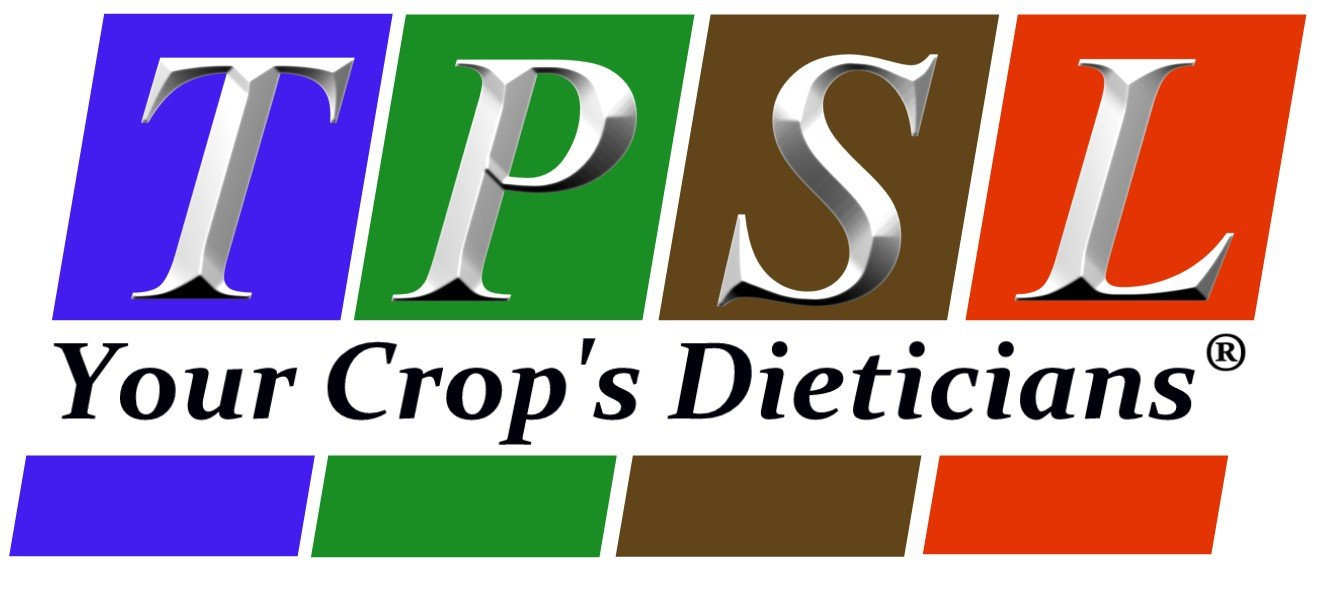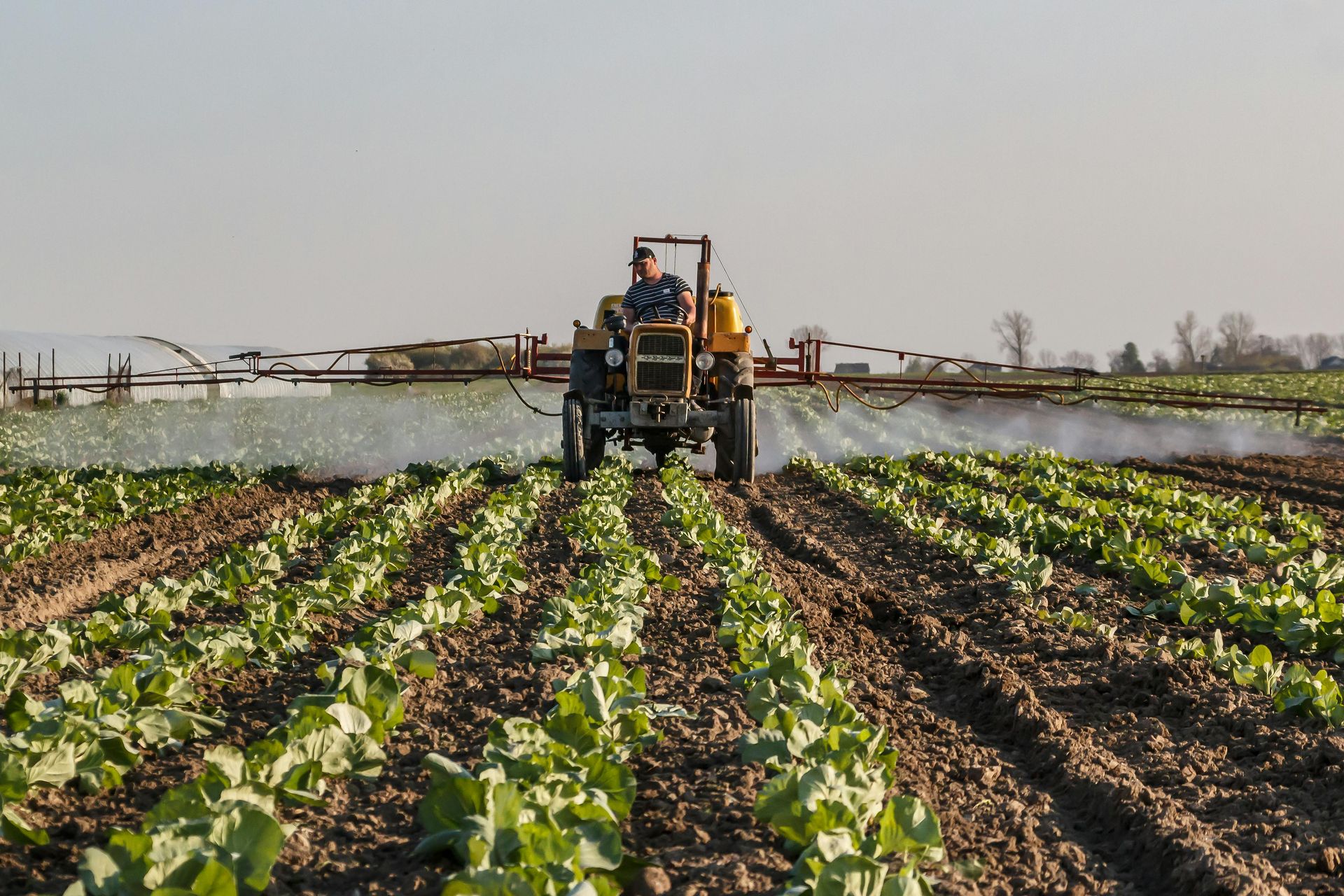Maximizing Yields with Customized Fertilizer Recommendations

In the world of agriculture, the quest for higher yields and better crop quality never ends. Farmers face numerous challenges, from unpredictable weather patterns to soil health issues and pest infestations. Among these, optimizing soil fertility remains one of the most controllable factors influencing yield potential. Customized fertilizer recommendations tailored to your specific crop, soil type, and local growing conditions can significantly boost productivity and profitability.
At TPS Lab, we specialize in creating fertility programs customized for farmers working with any soil type or crop. This personalized approach is designed to ensure your plants receive the precise nutrients they need, exactly when they need them, while minimizing waste and environmental impact.
Why Fertilizer Customization Matters
Every field is unique, even within the same farm. Variations in soil type, organic matter content, drainage, pH, and nutrient levels mean that a one-size-fits-all fertilizer approach often results in suboptimal yields. By analyzing your soil and understanding your crop’s specific needs, customized fertilizer recommendations help:
- Optimize Nutrient Availability: Ensuring essential nutrients like nitrogen, phosphorus, potassium, and micronutrients are present in the right quantities.
- Improve Soil Health: Addressing imbalances and deficiencies that could limit crop performance.
- Maximize Resource Efficiency: Reducing fertilizer waste by applying only what’s needed, where it’s needed.
- Enhance Environmental Sustainability: Preventing nutrient runoff and protecting local ecosystems.
- Boost Yield and Quality: Unlocking the full potential of your crop.
Steps to Create a Customized Fertility Program
1. Comprehensive Soil Testing
Soil testing is the foundation of any effective fertilizer program. A detailed soil analysis reveals:
- pH levels
- Nutrient deficiencies or toxicities
- Organic matter content
- Cation exchange capacity (CEC)
At TPS Lab, we provide advanced soil testing services, including recommendations based on the principles of nutrient balance and plant health optimization.
2. Crop-Specific Nutrient Requirements
Different crops have unique nutrient demands. For example, corn requires significant amounts of nitrogen during key growth stages, while tomatoes thrive on a balanced mix of nitrogen, phosphorus, and potassium with added micronutrients like calcium and magnesium. Customizing fertilizer applications ensures your crop gets exactly what it needs to thrive.
3. Consideration of Local Conditions
Factors like soil type, climate, and water availability play a critical role in nutrient management. Sandy soils may require frequent applications of smaller fertilizer doses, while clay soils often benefit from deep nutrient incorporation.
4. Fertilizer Application Timing
Timing is everything. Crops have specific growth stages where nutrient uptake is most critical. Fertilizers should be applied to coincide with these stages, ensuring nutrients are available when your plants need them the most.
5. Integration of Organic and Inorganic Options
A balanced approach that combines organic amendments, like compost or manure, with inorganic fertilizers can improve soil structure while providing immediate nutrient availability. Our customized recommendations often include a mix of both to achieve the best results.
Real-World Benefits of Customized Fertilizer Programs
Case Study 1: Improving Corn Yields in Rwanda A farmer in Rwanda faced persistent challenges with poor soil fertility and erratic rainfall, which led to consistently low corn yields. By conducting a comprehensive soil test, TPS Lab identified critical nutrient deficiencies, including low levels of nitrogen and phosphorus. We developed a tailored fertility program that included targeted applications of organic matter to improve soil structure, along with carefully timed nitrogen and phosphorus applications to coincide with the corn’s peak nutrient uptake stages. After implementing the program, the farmer reported a remarkable 30% increase in yields within a single growing season. The improved soil fertility also enhanced water retention, helping to mitigate the effects of irregular rainfall.
Case Study 2: Boosting Pepper Production in Texas In South Texas, a grower cultivating exotic peppers, including Bhut Jolokia and Carolina Reaper, struggled with soil compaction, nutrient imbalances, and inconsistent plant health. TPS Lab’s team conducted a thorough soil analysis and recommended a customized fertility program that incorporated amino acid-based fertilizers to address nutrient deficiencies and sulfur applications to improve soil structure. Drip irrigation schedules were optimized to ensure consistent moisture availability. As a result, the grower observed healthier plants, reduced leaf yellowing, and a significant increase in fruit yield and quality. The tailored program not only enhanced productivity but also helped the grower maximize the unique flavors and heat profiles of their peppers.
Addressing Common Fertility Challenges
- Acidic or Alkaline Soils:
- Solution: Lime applications for acidic soils or sulfur for alkaline soils can correct pH imbalances.
- Micronutrient Deficiencies:
- Solution: Foliar sprays or soil-applied chelated micronutrients ensure crops get essential elements like zinc, iron, and boron.
- Nutrient Runoff:
- Solution: Controlled-release fertilizers or split applications minimize nutrient losses.
- Compacted Soils:
- Solution: Organic amendments and practices like using soil inoculants improve soil structure and root penetration.
The Role of Technology in Fertility Optimization
Modern agriculture leverages advanced technologies to refine fertilizer recommendations further. Tools like soil and sap testing, foliar and drip nutrient applications, and data-driven decision-making are revolutionizing how farmers manage fertility. At TPS Lab, we integrate these tools into our recommendations to ensure you stay ahead in the competitive farming landscape.
Getting Started with TPS Lab
Creating a customized fertilizer program doesn’t have to be complicated. Our team of experts works closely with farmers to develop solutions that meet their unique needs. From soil testing to ongoing support throughout the growing season, we’re committed to helping you achieve maximum yields and sustainable farming practices.
Ready to optimize your fertility program? Contact TPS Lab today to learn how our customized solutions can transform your farming operation.



